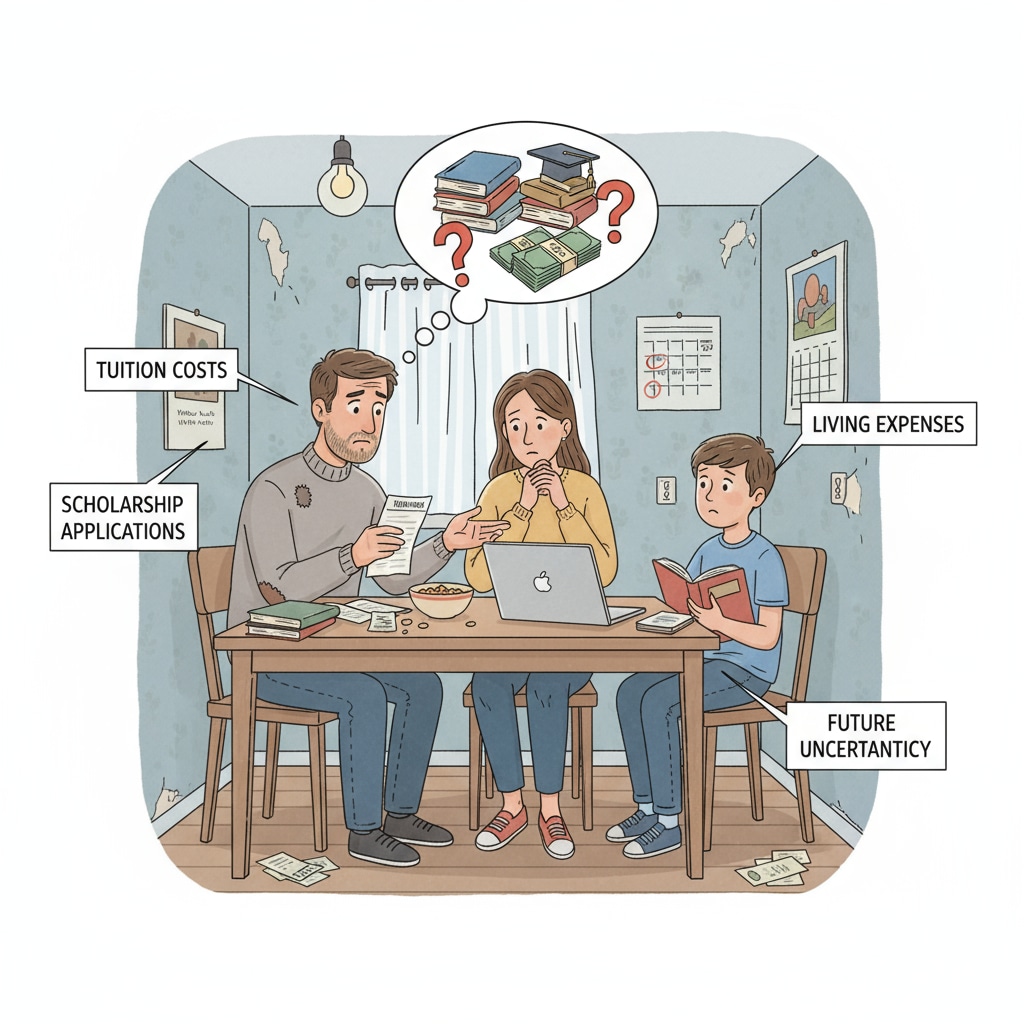Family education, parental involvement in low-income families play a crucial role in a child’s development. The level of importance parents attach to education can significantly influence their children’s future paths. However, low-income families often face numerous obstacles in providing optimal educational support.

The Impact of Family Education in Low-Income Settings
In low-income families, the attitude towards family education can set the tone for a child’s educational journey. A positive and involved parenting approach can instill a love for learning. For example, when parents read bedtime stories to their children regularly, it not only enhances language skills but also fosters a habit of reading. According to Britannica’s Parenting Guide, early exposure to educational activities at home can have long-term benefits for a child’s cognitive development.
Financial Hurdles in Educational Investment
One of the most significant challenges for low-income families is the limited financial resources for educational investment. These families may struggle to afford textbooks, tutoring, or even access to a stable internet connection for online learning. As a result, children may find themselves at a disadvantage compared to their peers from more affluent families. Wikipedia’s Education Inequality page highlights the disparities in educational opportunities due to economic factors.

Despite these difficulties, there are ways for parents in low-income families to maximize their support. For instance, they can make use of free community resources like libraries and local educational workshops. Additionally, creating a structured study environment at home, even with limited space, can help children focus on their studies.
Readability guidance: By highlighting the key issues and providing practical solutions, this article aims to offer insights into how low-income families can overcome educational challenges. Using short paragraphs and clear explanations, it ensures easy understanding for readers.


